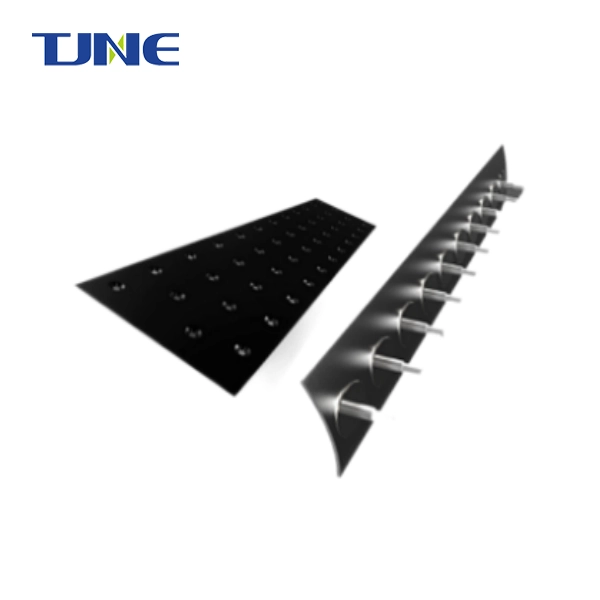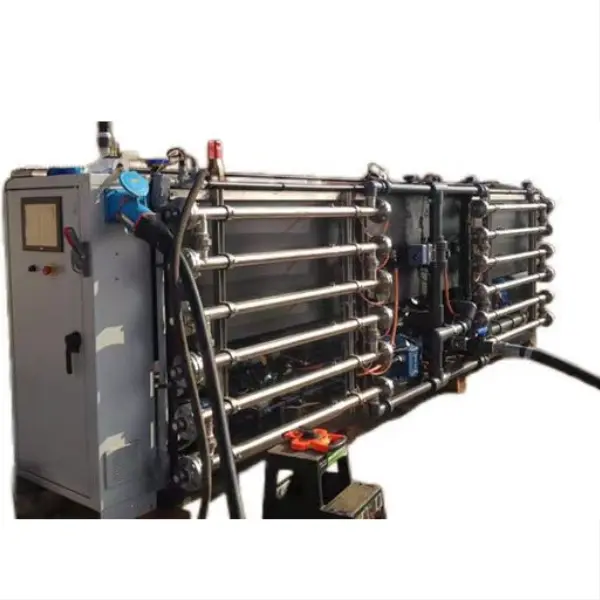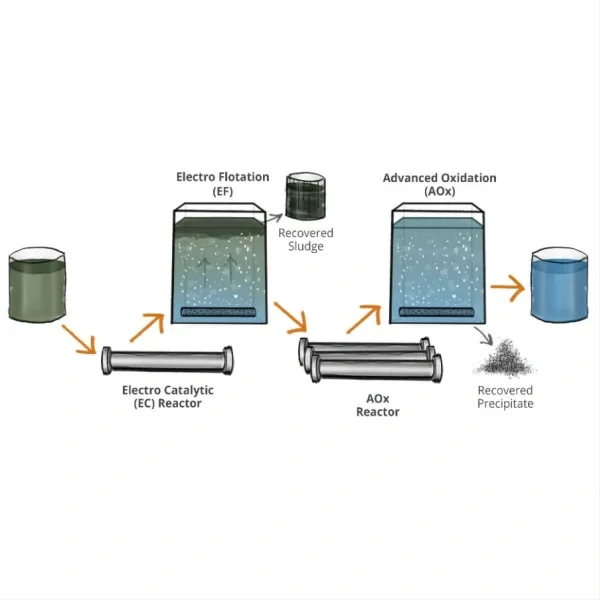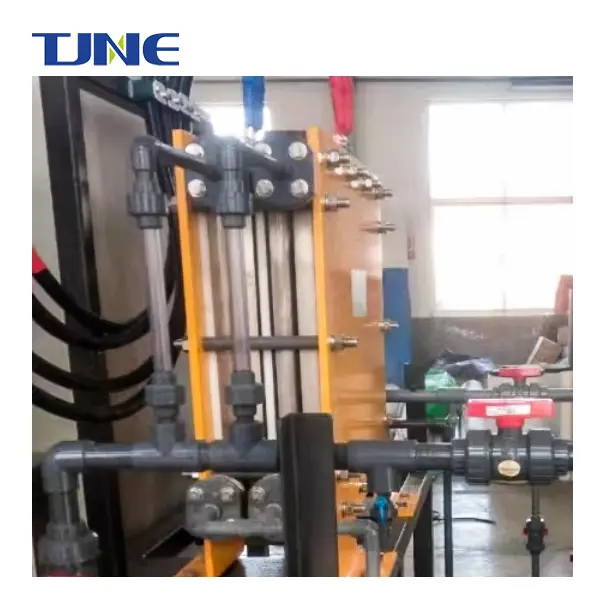- English
- French
- German
- Portuguese
- Spanish
- Russian
- Japanese
- Korean
- Arabic
- Greek
- German
- Turkish
- Italian
- Danish
- Romanian
- Indonesian
- Czech
- Afrikaans
- Swedish
- Polish
- Basque
- Catalan
- Esperanto
- Hindi
- Lao
- Albanian
- Amharic
- Armenian
- Azerbaijani
- Belarusian
- Bengali
- Bosnian
- Bulgarian
- Cebuano
- Chichewa
- Corsican
- Croatian
- Dutch
- Estonian
- Filipino
- Finnish
- Frisian
- Galician
- Georgian
- Gujarati
- Haitian
- Hausa
- Hawaiian
- Hebrew
- Hmong
- Hungarian
- Icelandic
- Igbo
- Javanese
- Kannada
- Kazakh
- Khmer
- Kurdish
- Kyrgyz
- Latin
- Latvian
- Lithuanian
- Luxembou..
- Macedonian
- Malagasy
- Malay
- Malayalam
- Maltese
- Maori
- Marathi
- Mongolian
- Burmese
- Nepali
- Norwegian
- Pashto
- Persian
- Punjabi
- Serbian
- Sesotho
- Sinhala
- Slovak
- Slovenian
- Somali
- Samoan
- Scots Gaelic
- Shona
- Sindhi
- Sundanese
- Swahili
- Tajik
- Tamil
- Telugu
- Thai
- Ukrainian
- Urdu
- Uzbek
- Vietnamese
- Welsh
- Xhosa
- Yiddish
- Yoruba
- Zulu
Corrosion Resistance: Titanium electrode for Drinking water disinfection exhibit exceptional corrosion resistance, making them well-suited for prolonged use in water treatment applications. This property ensures that the electrodes remain durable and effective even in harsh water treatment environments.
Electrochemical Stability: The electrochemical stability of titanium electrodes allows for consistent performance over extended periods, ensuring reliable disinfection processes without degradation or loss of effectiveness.
Electrocatalytic Action: Titanium anodes can have electrocatalytic properties, particularly when coated with respectable metals or metal oxides. These properties empower proficient electrochemical forms for water cleansing, such as the era of responsive oxygen species that viably kill pathogens and natural pollutants.
Chlorine Era: Titanium electrodes are commonly utilized for the electrochemical era of chlorine-based disinfectants, such as hypochlorite, through the prepare of electrolysis. This strategy gives a economical and on-site era of disinfectants without the require for chemical capacity and transportation.
Advanced Oxidation Processes (AOP): Titanium electrodes are also utilized in advanced oxidation processes, where they facilitate the generation of highly reactive hydroxyl radicals. These radicals play a crucial role in breaking down persistent organic contaminants, contributing to enhanced water purification.
Cost-Effective and Feasible: The utilize of titanium cathodes in water cleansing offers a cost-effective and feasible approach compared to conventional sanitization strategies. Electrochemical forms regularly diminish the dependence on chemical added substances and minimize the era of destructive sanitization by-products.
Remote and On-Demand Sanitization: Electrochemical sanitization frameworks utilizing titanium anodes can be outlined for inaccessible and on-demand operation, giving adaptability in tending to water treatment needs in different settings, counting country communities and crisis reaction situations.
Technological Headways: Continuous investigate and advancement endeavors proceed to progress the plan and execution of titanium cathodes for water cleansing, driving to improved proficiency, diminished vitality utilization, and broader appropriateness.
In the realm of water treatment, ensuring safe and potable drinking water is paramount. Over the years, various methods have been employed to disinfect water, ranging from traditional chlorination to advanced ultraviolet (UV) irradiation techniques. Among these methods, the utilization of Titanium Electrodes for water disinfection has emerged as a groundbreaking technology, offering unparalleled effectiveness and sustainability.
Why Titanium electrode for Drinking water disinfection Stand Out
Traditional disinfection methods, such as chlorination, although effective, pose risks associated with harmful disinfection by-products (DBPs) and residual chemicals. In contrast, Titanium Electrodes offer a chemical-free and environmentally friendly solution to water disinfection. By utilizing electrochemical processes, Titanium Electrodes generate powerful oxidants such as hydroxyl radicals, effectively eliminating pathogens and organic contaminants present in water. This method ensures thorough disinfection without the drawbacks of conventional techniques, making it a superior choice for water treatment plants worldwide.
Case Studies: Successful Implementation of Titanium Electrodes Worldwide
The efficacy of Titanium Electrodes in water disinfection is exemplified by numerous successful case studies across the globe. From municipal water treatment facilities to industrial applications, Titanium Electrodes have consistently demonstrated their ability to provide safe and clean drinking water. For instance, in Singapore, the Public Utilities Board (PUB) has adopted Titanium Electrode technology in its water treatment processes, achieving exceptional disinfection outcomes while minimizing environmental impact. Similarly, in the United States, several water utilities have embraced Titanium Electrodes, experiencing enhanced performance and cost-effectiveness in their operations. These real-world examples underscore the practicality and reliability of Titanium Electrodes in safeguarding public health through water disinfection.
Beyond Disinfection: Additional Benefits of Using Titanium Electrodes in Water Treatment
The benefits of Titanium Electrodes extend beyond just disinfection. Unlike conventional methods that require frequent maintenance and chemical replenishment, Titanium Electrodes offer long-term stability and durability. Their corrosion-resistant properties ensure prolonged service life, resulting in reduced operational costs and increased operational efficiency for water treatment facilities. Furthermore, the absence of chemical additives minimizes the environmental footprint, aligning with sustainability goals and regulations. Additionally, Titanium Electrodes can be seamlessly integrated into existing infrastructure, providing a versatile solution for upgrading and modernizing water treatment systems.
Conclusion
In conclusion, the adoption of Titanium Electrodes for drinking water disinfection represents a paradigm shift in water treatment technology. Their effectiveness, sustainability, and versatility make them a preferred choice for ensuring the safety and quality of drinking water worldwide. As we continue to prioritize the preservation of our most precious resource, Titanium Electrodes emerge as a beacon of innovation and progress in the field of water treatment.
TJNE focuses on the research and development, design, production, and sales of high-end electrolytic complete sets of equipment and high-performance electrode materials. If you want to learn more about this kind of Titanium electrode for Drinking water disinfection, welcome to contact us: yangbo@tjanode.com.
References
1. Wang, Y., & Ng, H. Y. (2017). Advanced Electrochemical Oxidation Processes: A Review on Their Application to Synthetic and Real Wastewaters. Applied Sciences, 7(2), 168.
2. Gao, J., Zhang, H., Zhao, Y., Gu, J., & Xia, J. (2018). Application of Electrochemical Technologies in Wastewater Treatment. Engineering, 4(5), 810-818.
3. Tan, T. C., Tay, J. H., & Gopal, M. R. (2018). Advances in Water Disinfection Techniques: The Role of Electrochemistry and Nanotechnology. Desalination and Water Treatment, 131, 214-226.
Related Industry Knowledge
- Why Are Electronic Titanium Anode Rods a Breakthrough in Corrosion Protection?
- Why Are MMO/Ti Flexible Anodes the Future of Corrosion Protection?
- What Makes MMO Tubular Titanium Anodes a Revolutionary Choice for Electrochemical Applications?
- Unlocking the Potential: The Science and Applications of Acidic Electrolytic Water
- Why Should You Consider Electrodeposited Titanium Electrodes for Copper Plating?
- Purifying the Seas: The Role of Titanium Electrodes in Ballast Water Treatment
- How Does Gold Plating Enhance PCB Performance? An In-Depth Exploration
- What Industries Rely on DSA Anodes for Electrochemical Processes?
- What Is a Chlorine Generator Electrolyzer and How Does It Operate?
- Which electrolyzer is best for hydrogen production?












